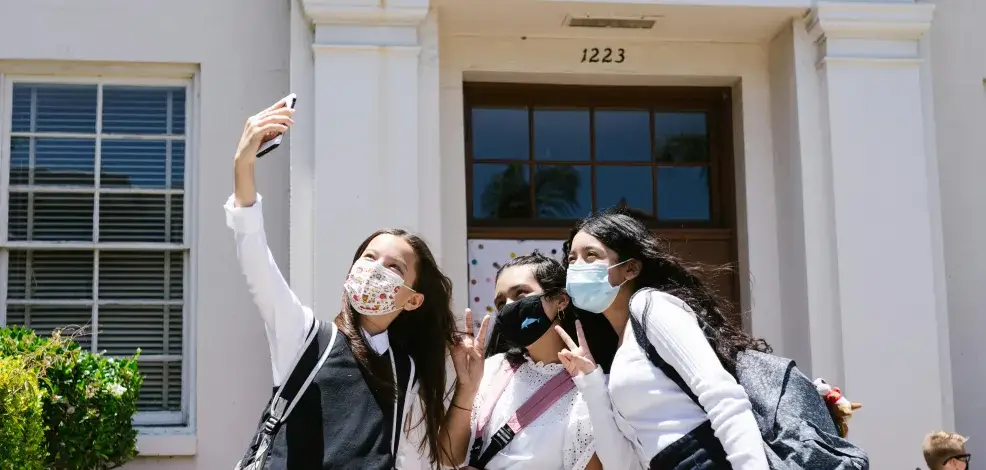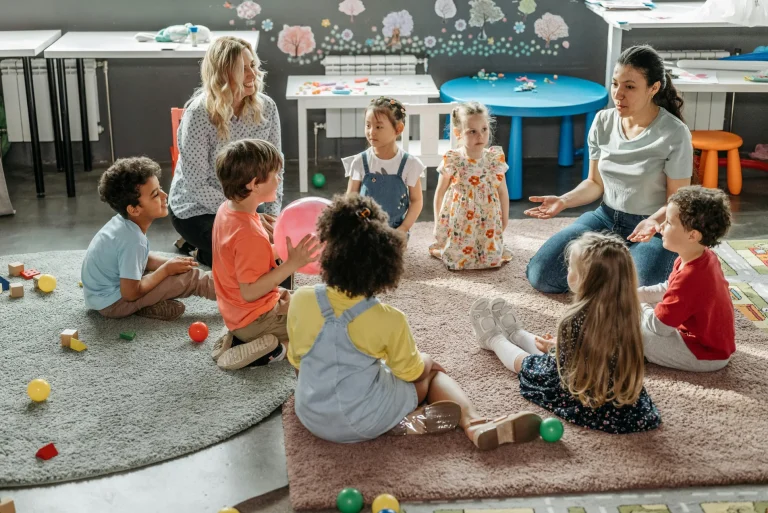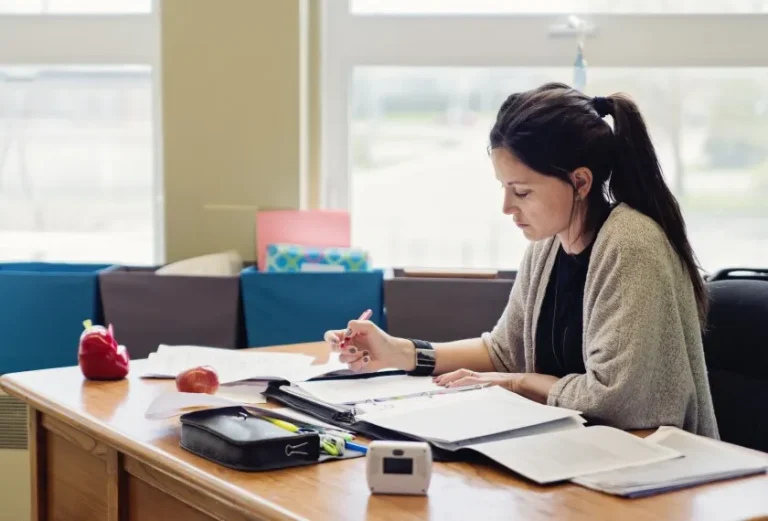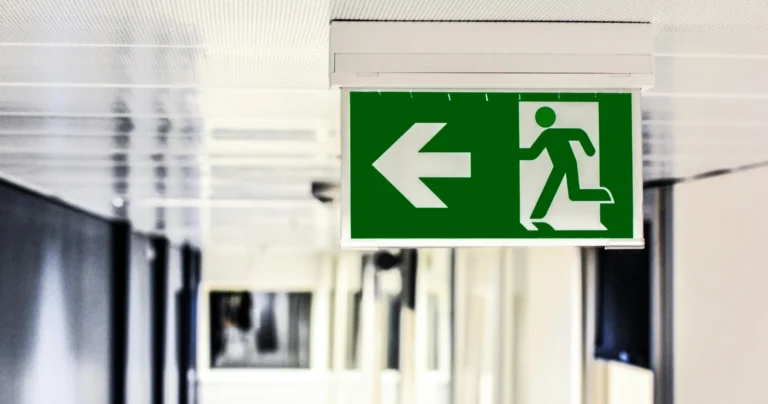GCSE results across the UK have shown significant shifts in the last five years. For teachers, school leadership, and education recruitment professionals, the question is whether the current lower outcomes are simply a legacy of the COVID pandemic or whether they reflect deeper changes in how students approach learning. Did remote teaching during lockdowns create long-term challenges, or are pupils now studying less, signalling a new trend in education?
The COVID Legacy on Learning
Lost Classroom Time
During lockdowns, students missed out on consistent face-to-face teaching. Even with online learning in place, the absence of routine and real-time interaction created long-term gaps.
Inequality of Access
Some pupils had reliable technology and quiet study spaces, while others did not. These inequalities widened the attainment gap, and many schools are still addressing the effects.
Gaps in Knowledge
Teachers report that many students entered GCSE courses without the solid foundations built in earlier years, making exam preparation more difficult.
Teachers Experiences with Post-COVID Cohorts
Closing Gaps
Teachers are investing significant time in interventions, revision sessions, and differentiated support to address missing knowledge.
Shifts in Behaviour
There has been a noticeable change in classroom focus. Some pupils struggle to concentrate after long periods of remote learning, leading to additional classroom management challenges.
Impact on Confidence
With inflated grades in 2020 and 2021, some students developed unrealistic expectations of exam outcomes. Teachers now face the dual challenge of resetting standards and motivating pupils to rebuild confidence.
Is It More Than COVID?
Changing Study Habits
Even as the pandemic fades into the past, digital distractions such as social media and gaming continue to compete with study time. Students are finding it harder to commit to sustained revision.
Shifts in Attitude Toward Exams
Those who experienced teacher-assessed grades may see exams as less relevant. For some, this has reduced their motivation to prepare rigorously.
Pressure on Schools and Staff
Recruitment challenges and rising workloads mean teachers and school leadership are working under immense pressure. Without stable staffing, supporting students effectively becomes even harder.
The Role of School Leadership
Strategic Support
School leadership must take a proactive approach, offering resources for targeted intervention and wellbeing support to help pupils adjust.
Clear Communication with Parents
Explaining why results have fallen and what strategies are in place helps build trust and reduces anxiety in the wider community.
Investment in Staff Development
Leadership should prioritise CPD focused on resilience, behaviour management, and closing knowledge gaps. Supporting teachers directly improves outcomes for students.
Education Recruitment and Its Impact
Stability Through Staffing
Education recruitment plays a key role in helping schools maintain consistent teaching. Shortages in key subjects can have a direct impact on GCSE outcomes.
Access to Subject Specialists
By sourcing experienced teachers in maths, science, and English, recruitment agencies help schools strengthen critical areas of the curriculum.
Supporting Temporary and Supply Staff
Supply teachers also need to understand the context of lower results and adapt quickly. Recruitment partners ensure staff are briefed and ready to contribute from day one.
What Teachers Can Do Now
- Target specific gaps – Focus interventions on the most important areas for each subject.
- Teach study skills – Help pupils learn effective revision strategies, not just subject content.
- Encourage reflection – Build resilience by guiding students to see setbacks as opportunities for growth.
- Maintain positivity – Confidence is as important as knowledge in helping pupils succeed.
Looking Ahead
Short-Term
It is likely that GCSE outcomes will remain at current levels for the next few years as schools continue to deal with post-pandemic learning loss.
Long-Term
If distractions and reduced study habits persist, results may not climb back to pre-pandemic standards. This points to a broader cultural shift in how students engage with learning.
The Sector’s Response
Collaboration between teachers, school leadership, and education recruitment will be vital. Addressing both the legacy of COVID and new learning challenges will require shared commitment and resources.
Conclusion: A New Reality for GCSEs
Lower GCSE results reflect both the aftershocks of COVID and wider shifts in how young people approach study. The inflated grades of 2020 and 2021 set unrealistic benchmarks, and the return to exams has exposed the true extent of learning gaps. At the same time, distractions, changing attitudes toward exams, and stretched school resources are shaping a new landscape for education.
For teachers, the challenge is clear: close knowledge gaps while motivating pupils to build resilience. For school leadership, it is about providing structure, support, and strategic investment. For education recruitment, it means ensuring schools can access the right staff to maintain stability and quality.
